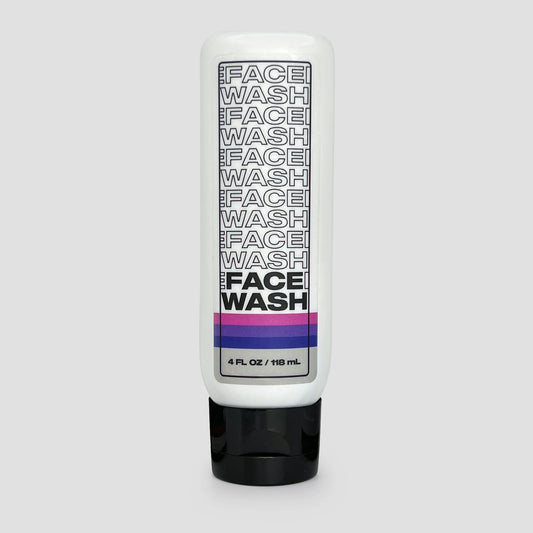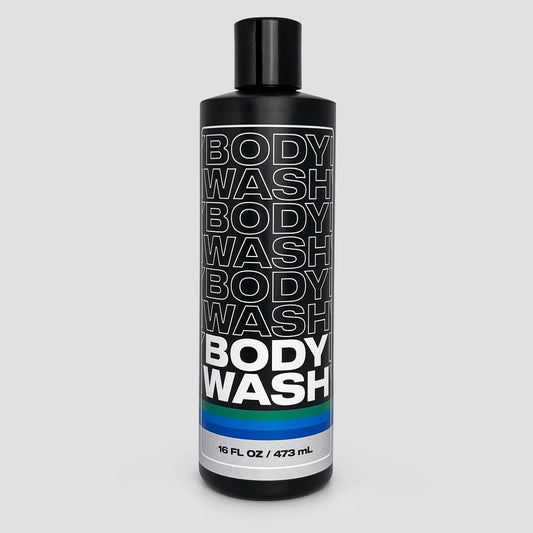

Have you been told that chewing gum breaks your fast? In the world of health and fitness, surging through your intermittent fasting can sometimes feel like an uphill battle. Especially when you're unsure about the rules.
One such common query is whether chewing gum can break a fast or not. It's a valid inquiry considering many people use gum to stave off hunger pangs.
In this comprehensive guide, we're going to dive into the science and dissect the components that constitute gum to uncover the truth. This blog post will provide you a clear view into the realm of fasting and chewing gum.
By the end of this read, you'll be well-equipped to make an informed decision the next time you reach out for a piece of gum during your fasting hours, plus some valuable tips to maintain your skin health during fasts.
Can I Chew Gum While Fasting?
Here’s what you need to know: In a strict sense, consuming anything that has calories technically breaks your fast. That said, some experts suggest that it's about the impact of what you're consuming and how it affects your body's responses. Chewing gum usually contains a minimal amount of calories and is unlikely to kickstart metabolic processes related to digestion. As such, it's generally considered as not breaking your fast. However, it also depends on the type of gum you decide to chew, with sugar-free ones being the better option.
What Controversy Exists Regarding Chewing Gum While Fasting?
The controversy arises from the components of gum. Some brands have sugar or artificial sweeteners, which might cause an insulin response, theoretically breaking your fast. On the flip side, others argue that because these calories aren't significant enough, they do not have the same metabolic effect as eating a meal would.
How To Choose a Suitable Gum While Fasting
If you're considering chewing gum while intermittent fasting, it's essential to choose wisely. Not all gums are created equal, and some might do more harm to your waistline and your skin than others. Here’s a useful guide on picking the right one:
1. Choose Sugar-Free Options
Select gums that are sugar-free or low in calories. Consuming sugar raises your insulin levels, potentially breaking your fast.
2. Beware of Artificial Sweeteners
Some zero-calorie sweeteners might have an impact on insulin response, so do research on the best options.
How Does Chewing Gum Affect Intermittent Fasting?
The act of chewing and the taste of food or gum in your mouth stimulates a process called the cephalic phase insulin release. This phase triggers certain digestive processes, potentially disrupting your fast. However, the actual impact of this is still quite debated among experts.
What Are the Benefits of Chewing Gum While Fasting?
Besides the typical freshening of breath, gum can be a tool to deal with the psychological element of hunger. The act of chewing can also provide a sense of satiety. Different types of gum may have different benefits, so ensure to select the appropriate one.
Up Your Fasting Game, Today!
If you've been using gum as a calorie-free appetite suppressant during intermittent fasting, now you’ve been armed with the relevant information to make an informed decision. Remember, it's the impact of what you're consuming during your fasting hours that counts.
Recap: The sugar-free secret!
- Choose smart: Opt for low-calorie or sugar-free gums.
- Mind the artificial sweeteners: Understand their potential impact on insulin response.
- Trust the process: A significant caloric intake is what truly breaks a fast, not a small metabolic response triggered by chewing.
Remember, while perfecting your fasting process, don't forget to nourish your skin. Check out Tapered’s range of products, like our Scar and Stretch Mark Cream and Activated Charcoal Face Wash for that post fasting glow!










